
Queda do Vigário waterfall

Environmental education project “Para Além da Água – Vida na Ribeira”
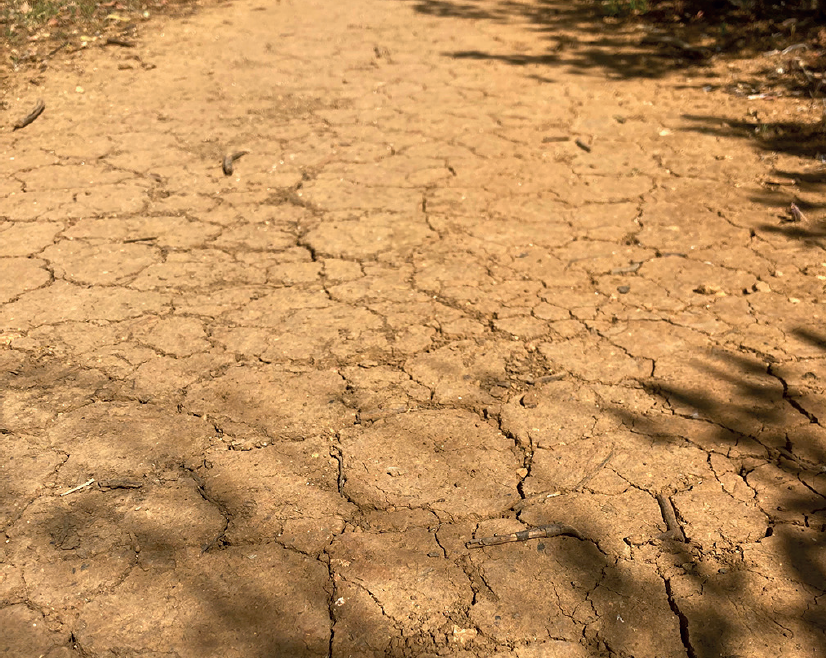
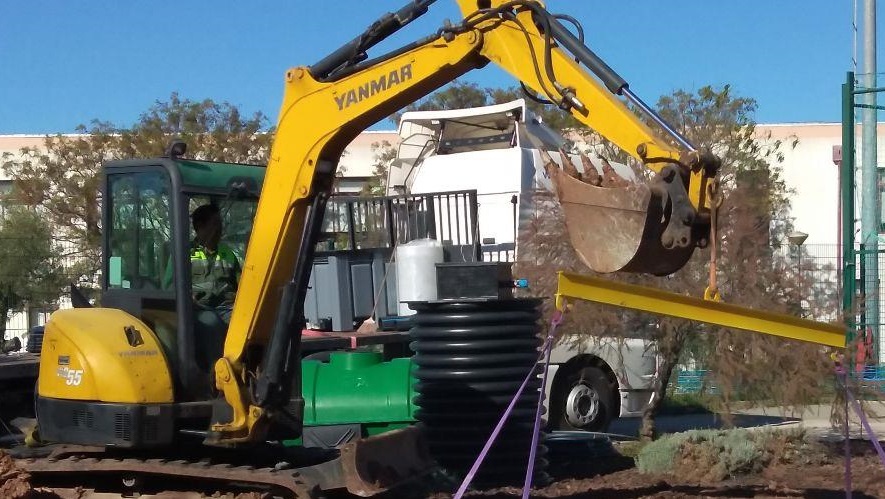
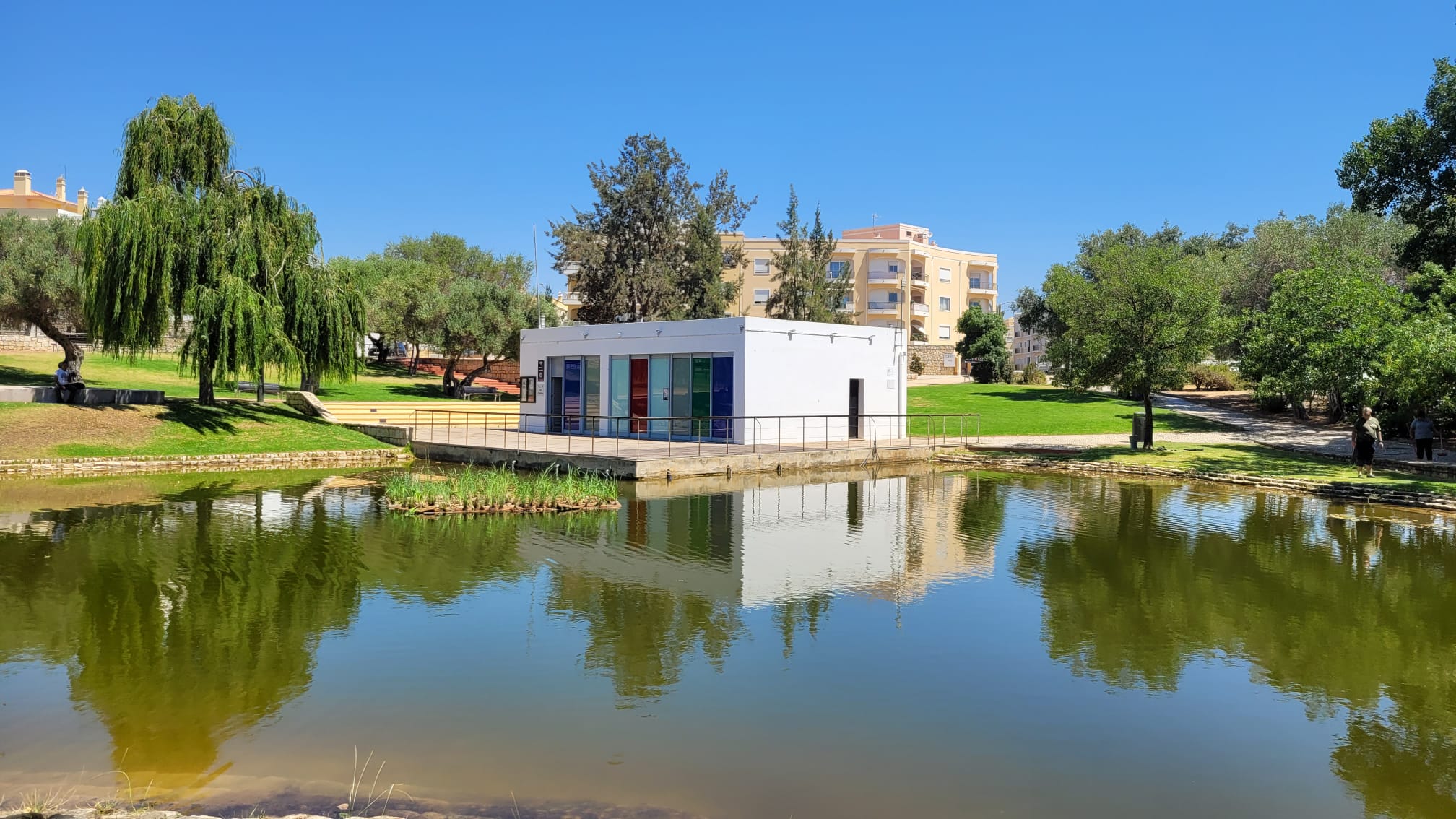
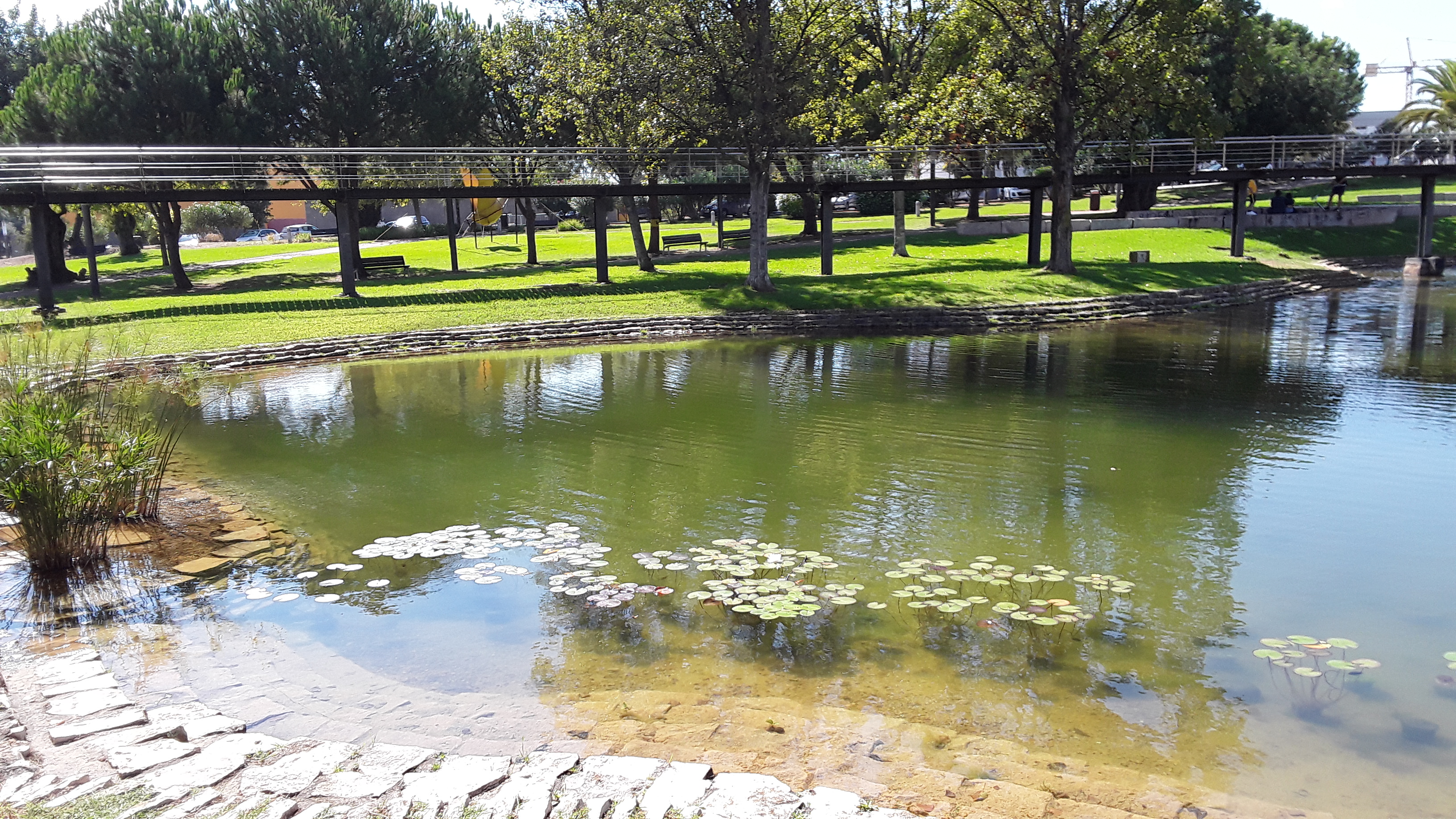
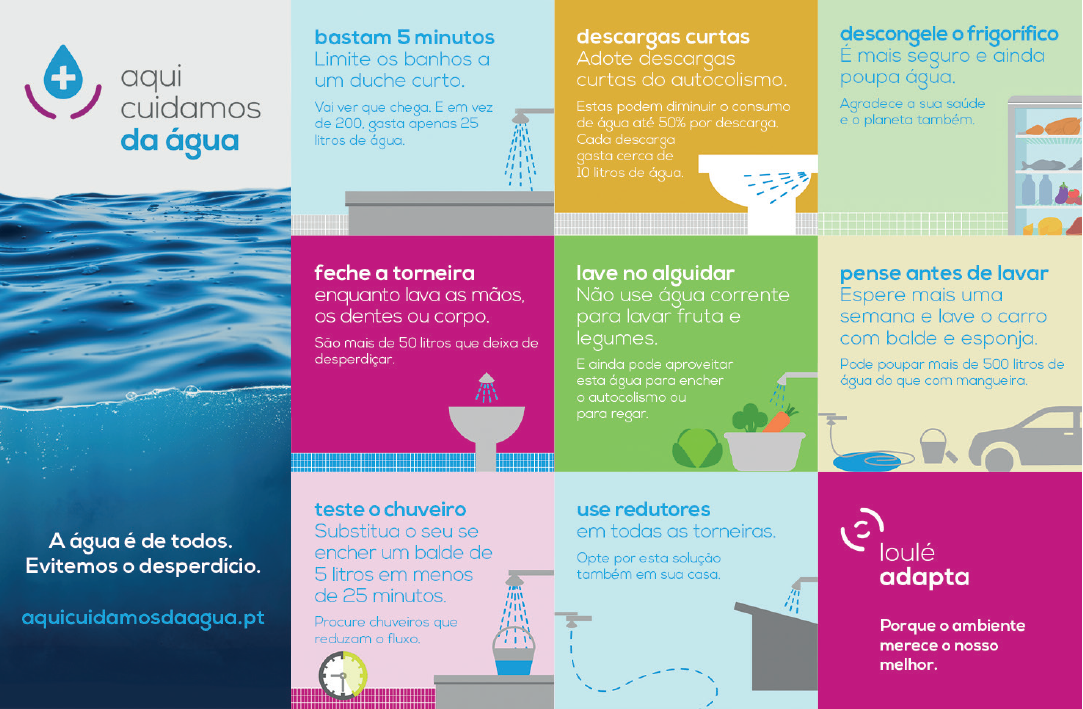
Considering the climate projections for this area, the water resources sector is key and plays a central role in municipal climate action. The priority for action is based on issues associated with the efficient management of water and its circularity, with a special focus on the Urban Water Cycle (UWC) and the prevention of scarcity situations, based on timely planning, mitigating the impacts and consequences associated with this resource and increasing knowledge to support decision-making. As such, the municipality of Loulé recognises the proactive stance it needs to adopt in order to implement solutions that promote efficient and sustainable management of the water resource.
Thus, with regard to water resources, the current local objectives are:
The development of Loulé’s Municipal Contingency Plan for Periods of Drought (PMCPS) aims to provide the municipality with mechanisms to deal effectively with periods of drought, ensuring that their effects and damage are minimised.
Participated in and approved by the Municipal Assembly on 5 August 2022, Loulé’s PMCPS includes preparedness, prevention and adaptation measures, with medium and long-term time horizons, which should make the different components of the water use chain more resilient. In operational terms, Loulé’s PMCPS includes updating the register of hydraulic infrastructures, geo-referencing and renewing the stock of meters, reviewing the tariff structure, creating measurement and control zones and, at times when the phenomenon is particularly severe, imposing restrictions on the water consumption of the largest consumers and/or temporarily suspending public facilities.
You can consult the Summary of the Loulé's PMCPS (PT) here and the full document (PT) here.